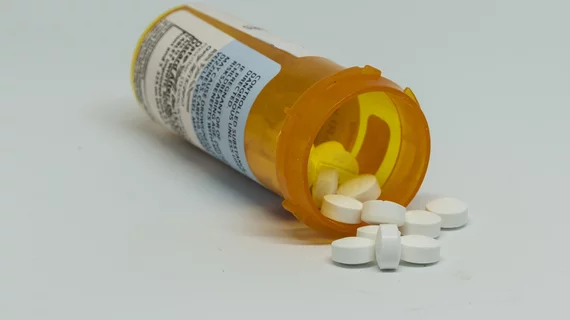Feds open criminal probe into opioid makers
Pharmaceutical companies are under fire again for their role in the national opioid abuse epidemic and, this time, it could be criminal. Federal prosecutors have opened a criminal probe to determine if pharmaceutical companies intentionally allowed the flow of opioid drugs, The Wall Street Journal reported.
The investigation could be the largest prosecution of drug companies related to their actions and impact on the opioid epidemic if criminal charges are brought. Six companies, including Teva Pharmaceuticals, Mallinckrodt, Johnson & Johnson, Amneal Pharmaceuticals, AmerisourceBergen and McKesson, are facing grand jury subpoenas from the U.S. attorney’s office in the Eastern District of New York, according to the WSJ.
Drug companies are already facing thousands of lawsuits from individual states for their role in opioid harms, with Purdue Pharma filing for bankruptcy as part of a $10 billion settlement deal to resolve all pending litigation against the company, which is the maker of the powerful opioid OxyContin.
The companies facing the federal criminal investigation have denied wrongdoing, stating they’ve followed “all laws around the manufacture and distribution of opioid prescription painkillers,” the WSJ reported.
See the full story below:

